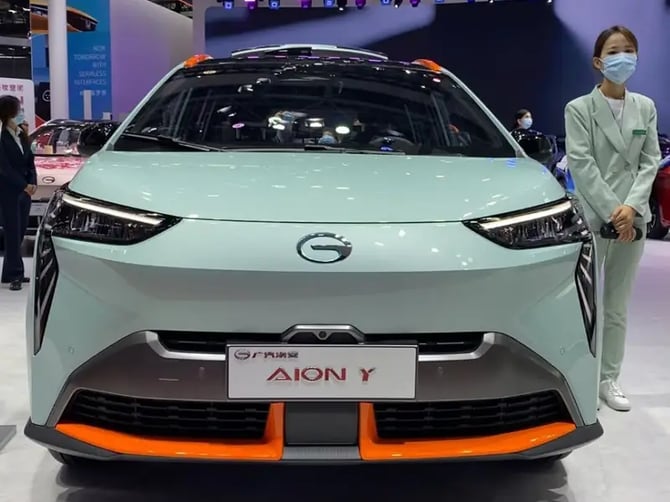UK Takes Lead in Europe’s Electric Vehicle Market Race

In 2024, the UK claimed the top spot as Europe’s largest electric vehicle (EV) market, driven by record sales and stricter net-zero regulations. A total of 381,970 battery electric vehicles (BEVs) were sold, marking a 21.4% annual increase.
Hybrid EV sales rose by 9.6% to 261,398 units, while plug-in hybrids surged 18.3% to 167,178. Despite this progress, BEVs accounted for only 19.6% of the market, falling short of the government’s 22% target.
The surge in sales came at a steep price, with manufacturers offering discounts totaling £4.5 billion (€5.42 billion), equivalent to nearly £12,000 (€14,456) per vehicle. These discounts were prompted by the Zero Emission Vehicle (ZEV) mandate introduced in January 2024, which required 22% of new car sales to be electric.
Germany, traditionally a strong EV market, lagged behind the UK due to subsidy changes and strategic delays. However, the UK’s gains primarily stemmed from fleet and company sales, while private consumer demand remained weak. Car makers have raised concerns about the sustainability of current discounting practices, warning of potential factory closures, layoffs, and cost-cutting measures.
What Does This Mean for Me?
Looking ahead, the ZEV target rises to 28% in 2025, and the UK plans to ban petrol and diesel car sales by 2030, with hybrids exempt until 2035. Industry leaders have urged the government to introduce stronger incentives for private consumers to boost EV adoption. Without immediate regulatory and financial support, manufacturers warn that long-term investments, jobs, and the UK’s net-zero ambitions may be at risk.
More News
.webp)
Japan’s Rate Shift Is Rippling Through Global Bond Markets

China’s Growth Engine Stalls as Consumers and Investors Pull Back

Egypt’s Recovery Gains Traction as Household Pressure Lingers

OECD Warns AI and Tariffs Will Test the Global Economy

Zero Tariffs, Higher Drug Bills as US and UK Reset Pharma Trade

Catastrophe Bonds Go Global as Climate Risk Meets Yield Hunting
.webp)
Canada Shields Steel and Lumber Industries From Tariffs
